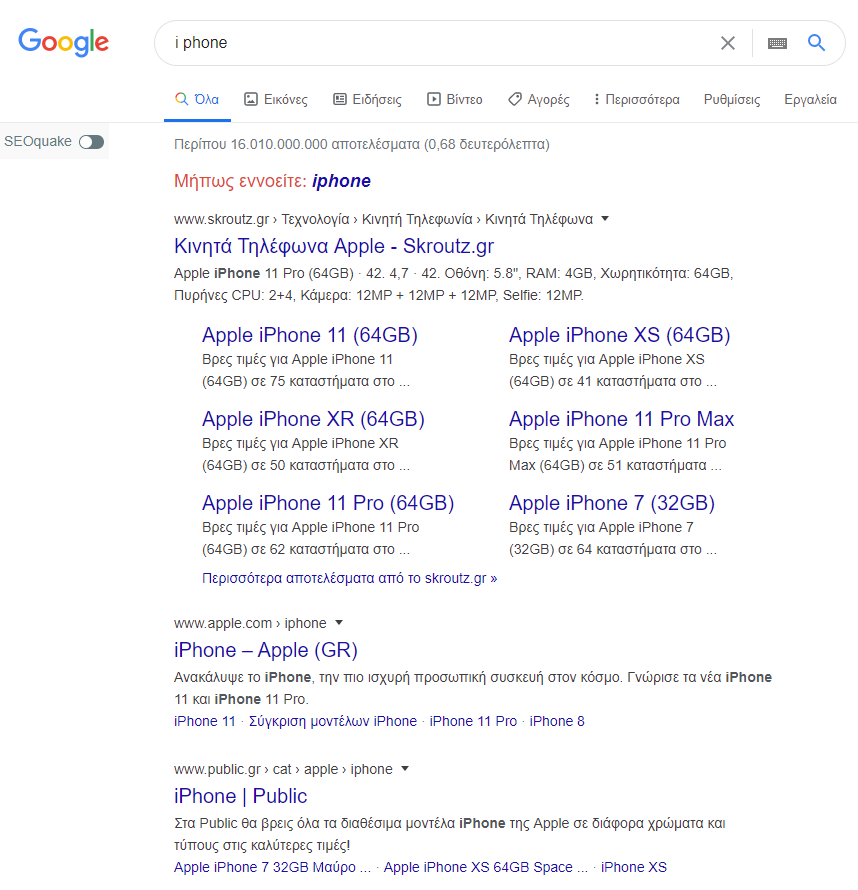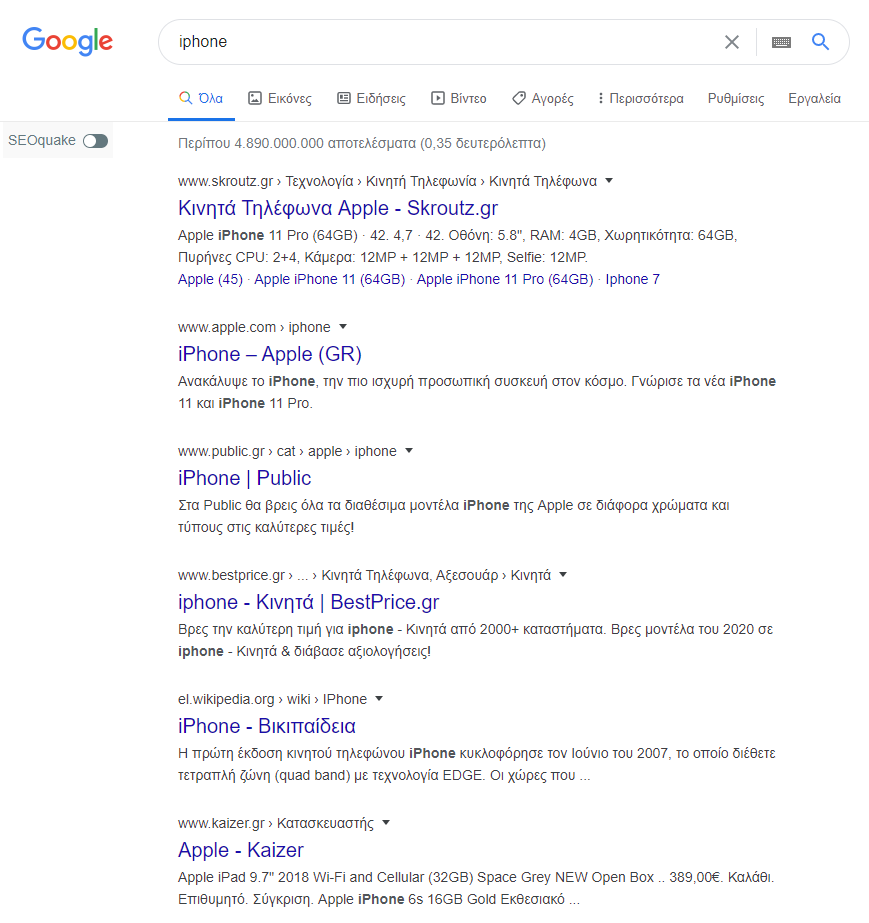In this article we are going to discuss the basics of Search Engine Optimization (commonly known as SEO) and it's importance to your marketing mix.

About SEO
What is this Search Engine Optimization (or SEO for short) you have been hearing about? Let me tell you a story first.
The unsung hero
If you have watched The Witcher TV Series or read the books you will surely enjoyed the exploits of Geralt from Rivia aka The Witcher. If you haven't I definitely recommend it (big Witcher fan here). Geralt is a professional monster slayer. His job is to get rid of monsters, human and beasts alike. His powers made him a mutant, something that granted him not so popular amongst humans, because they are afraid. But in the end they all need him to slay their beasts. Much like Geralt, an SEO professional is your monster slayer, someone you need but not include in your songs of glory. And SEO is your mythical beast that needs slaying.
Just because you may not understand SEO, it does not mean you have to be afraid of it. That's why I have written this article to help you understand it and get the most out of it.

There have been some myths around SEO. Things like: "We know Google’s search algorithm!", "We have inside information!", "We know the “magic formula” of SEO!", "Google 1st Page Position Guaranteed!" or "SEO is magic and we see results immediately!"
The truth is very much more different. We don’t know Google’s search algorithm, we don’t have inside information, there is no“magic formula” of SEO, Google 1st Page Position IS NOT Guaranteed, SEO IS NOT magic and we DON’T see results immediately.
What do we know then?
Search Engine Optimisation (SEO): The process of refining your website so that it will be indexed and ranked by search engines, as well as leveraging your links from other sites. It is the process of getting traffic from the “free,” “organic,” “editorial” or “natural” search results on search engines. It is the art and science of persuading search engines such as Google, Bing, and Yahoo, to recommend your content to their users as the best solution to their problem.*1
SEO is an ongoing dynamic process with goals, actions, review and iteration
SEO needs patience and hard work
SEO does not have a magic button that fixes everything
It's not about engines. It’s about making your site better for people
It is important to measure SEO and compare your overall websites traffic with traffic from Organic Search in order to know where you stand and structure your content strategy and keyword research.

Keyword Research
There are two types of keywords you can look for. In site searches, meaning searches that visitors type in your search feature of your website if it's available. Then there are all the keywords that people are typing in search engines. In this article we are interested about the second category. Read more about keyword research in my article SEO Basics: Keyword Research.
Let's take a specific case as an example for you to better understand.
The new iPhone is about to launch (or Samsung haters don't hate :-P) and you're looking to buy it. What do you do? You Google it! As of 2019, Google is the leading search engine worldwide, accounting for 88.5 percent of global market share. In the same year, it was found that 3.8 million search queries per minute are generated by users on Google. So you're not alone!
Let's see what the results would look like. You may try looking for "iphone" or "i phone". But wait, aren't these two searches the same?

In face these are two entirely different querries or keyword searches! Here are the results bellow:
Why is this happening? There many elements that affect SEO but they all start from your keyword of choice.
Elements that affect SEO

Keyword Targeted: The main keyword of your choice based on the keyword research you conducted
URL: The web address of each page. Keep it short and search engine friendly!
Title Tag: The main title displayed in Search Engine Result Pages (SERPs). Include your main keyword and keep it under 60 characters.
Meta Description: The description under the title in Search Engine Result Pages (SERPs). Include your main keyword to increase CTR but keep it under 160 characters.
Updated Timestamp: When your page was last updated.
H1 Tags: Usually the visible heading at the top of a page. Make sure your main keyword is a part of it.
H2 Tags: Subheadings. Include variations of your main keyword in them.
Main Keyword in 1st Paragraph: Make sure that you place your main keyword within the first paragraph of your page (ideally in the first 100 words).
Images & Video: Increase engagement for your visitors (it's all about them after all!)
Outbound Links: Links to other websites. It will add weight to your own website.
Internal Links: Links to other pages of your own website. Navigate users and search engines to other related content.
Semantic Keywords: Avoid keyword stuffing like a bump on the road and focus on naturally written content that makes sense and includes variations of your keyword (you cannot have "iphone" as your keyword and talk about fridges).
Social Share Buttons: Not a direct ranking factor but still it can bring attention.
Fast Page Speed: Especially for mobile devices, your pages speed is an important factor. You can easily measure it with Google's PageSpeed Insights tool.
Mobile-First Design Layout: Yes mobile is important! See how your content renders on mobile devices. Use your browser's Developer Tools (Control+Shit+I) and click on the mobile icon on the top left.
Unique, Educational and Long-Form Content: Deep dive in your topic and provide unique, educational content to your customers. The length depends on the topic but usually longer content means better results.
Backlinks: Links from other websites. DON'T PAY FOR LINKS! Create partnerships with publishers to post original content on their website and add links to your own website.
This concludes our article about the basics of SEO!
Are you still afraid? If yes, contact me and we're going to slay this mythical beast together!
Stay tuned on my blog for more articles about SEO.
#SEO #SearchEngineOptimization #Digital Marketing
References
SEMrush (2020), What is SEO?
Search Engine Journal, Anatomy of Perfectly Optimized Content





Comments